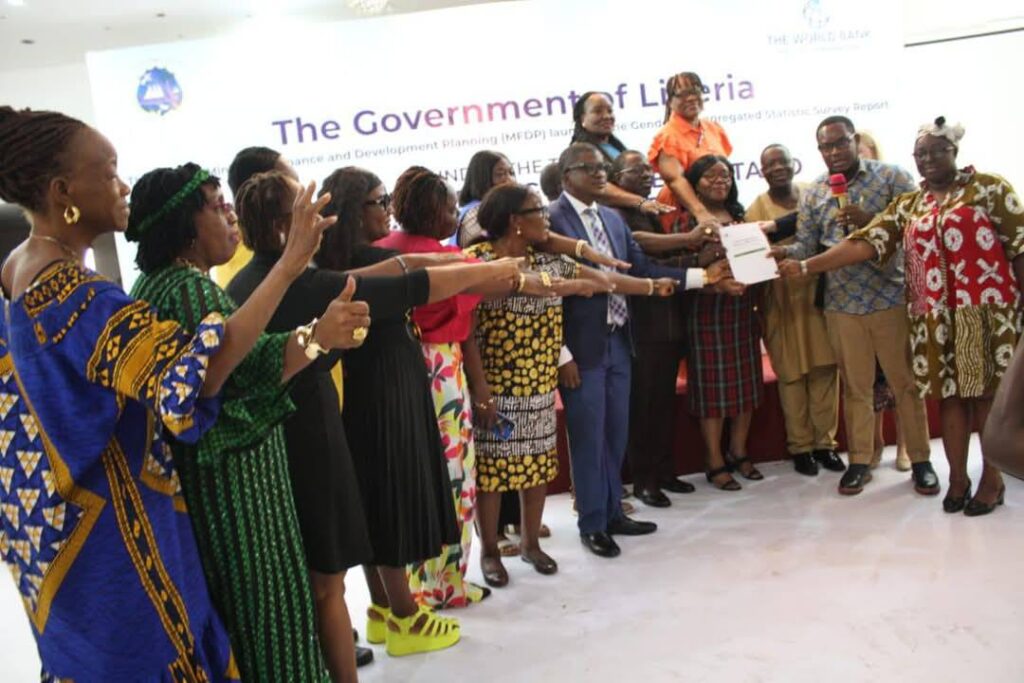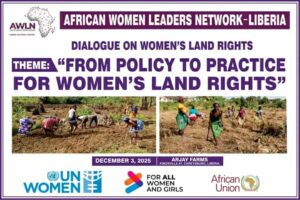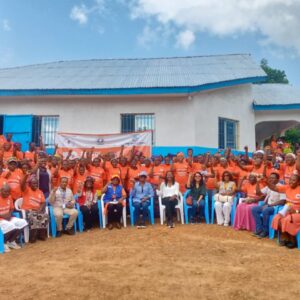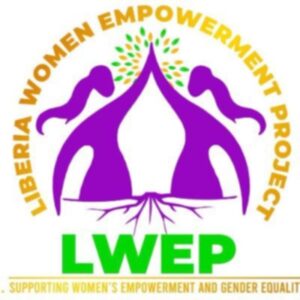Government Launches Gender Disaggregated Data Survey

April 17, 2025
Monrovia: The Government of Liberia, in partnership with the World Bank, has launched the Gender Disaggregated Data Survey Report, aimed at addressing data gaps in critical sectors impacting Liberians.
The report, launched Wednesday at Monrovia City Hall, is a significant achievement in the government’s efforts to inform policy development and decision-making with accurate, gender-sensitive data.
According to a statement from the MFDP, the initiative focuses on addressing the needs of marginalized groups, including women, girls, men, boys, and people with disabilities.
Minister of Finance and Development Planning, Hon. Augustine Kpehe Ngafuan, through his proxy, Deputy Minister for Administration, Hon. Bill McGill Jones, emphasized the importance of reliable gender-disaggregated data for effective policymaking and monitoring progress towards development goals.
Minister Jones described the launch as the start of a new era of data-driven development, which will enhance the government’s ability to plan and implement policies that meet the needs of all Liberians.
He expressed gratitude to all partners who supported this historic effort and reaffirmed the government’s commitment to continuing collaborations for improved service delivery and sustainable development.
Hon.Jones noted that for many years, Liberia has struggled with the lack of reliable data, hindering effective interventions and development planning.
Speaking on behalf of the Ministry of Gender, Children and Social Protection, Deputy Minister for Research, Policy and Planning Hon. Curtis V. Dorley noted that the report comes at a critical time in our national development efforts as we continue to advance gender equality and social inclusion through informed, data-driven policies.
The Gender Disaggregated Data Survey, supported by the Liberia Institute of Statistics and Geo Information Services (LISGIS) and the World Bank, focused on critical sectors such as education, health, and agriculture.
The survey’s findings provide the data necessary to address inequality and marginalization while guiding the development of gender-sensitive policies.
The report underscores the urgent need for gender-responsive practices across Liberia’s key sectors, helping the nation make strides toward achieving gender equality and sustainable development.



